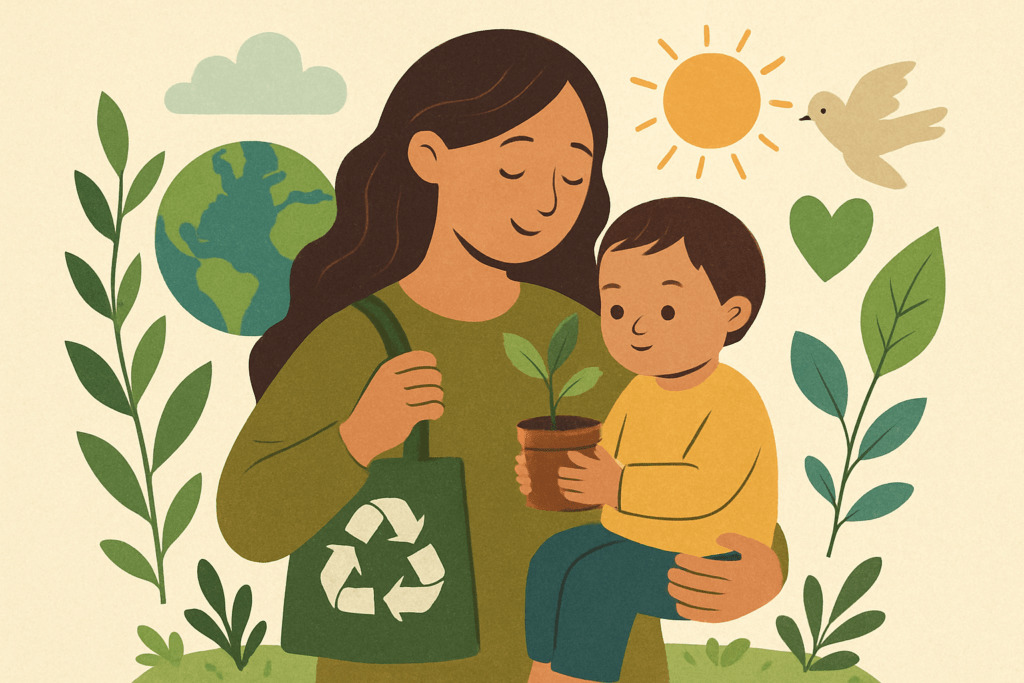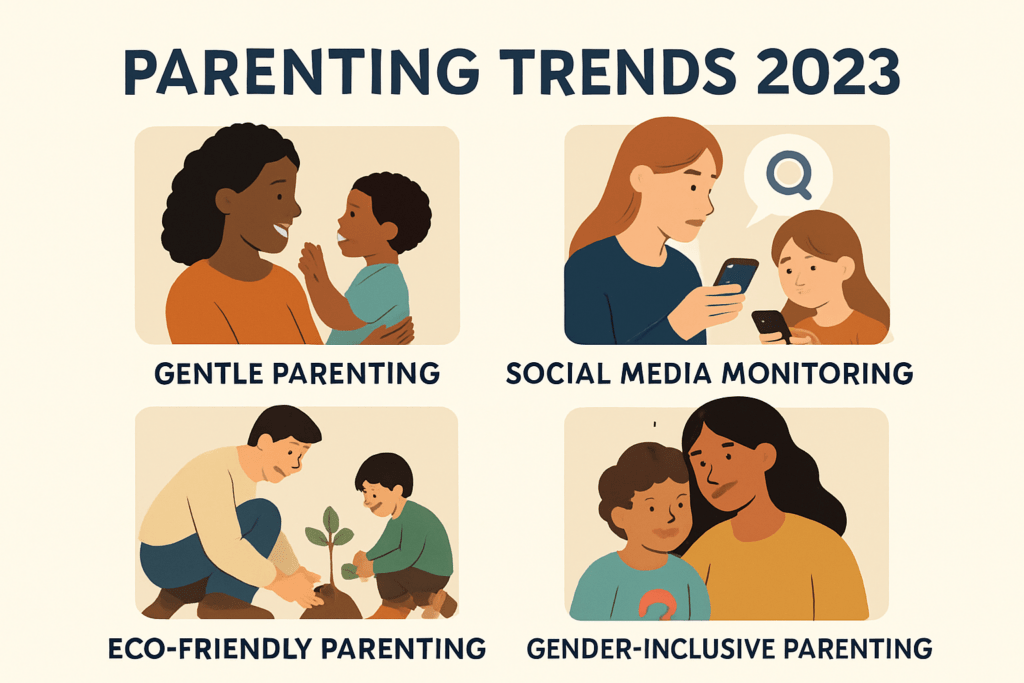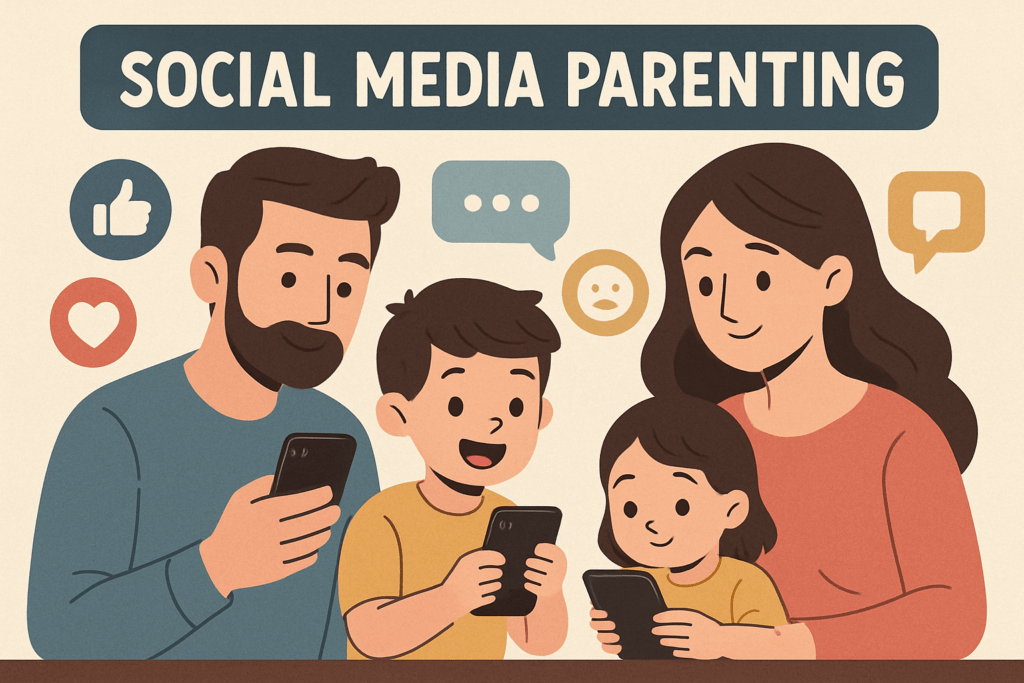Eco-Conscious Parenting: Raising Kids with the Planet in Mind
- Quick intro to what “eco-conscious parenting” actually means—caring for kids while caring about the planet.
- Mention why this mindset is gaining steam in families everywhere.
- Main keyword: eco-conscious parenting.
What Happens After Winning Millions?
Winning a life-changing lottery jackpot is every player’s dream, but few are prepared for what comes next. The sudden influx of wealth can bring excitement, but also a wave of challenges.
Managing Financial Decisions
Many winners find themselves overwhelmed by financial decisions:
- Tax Obligations: Handling taxes is one of the first and most significant hurdles; winners need a solid strategy to avoid legal troubles.
- Investment Planning: Some winners hire financial advisors to ensure long-term security, while others struggle with reckless spending.
- Securing the Future: Without proper planning, the dream of endless riches can quickly turn into a financial nightmare.
Lifestyle Changes
For many winners, lifestyle changes happen almost immediately:
- Extravagant Spending: Luxury homes, exotic cars, and extravagant vacations become the norm.
- Social Dynamics: Friends and distant relatives often emerge, hoping for a share of the winnings, creating tension and difficult choices.
- Managing Fame: Whether they embrace luxury or opt for discretion, adjusting to their new reality is never as simple as it seems.
Beyond Personal Wealth
Some winners use their fortunes to make a difference:
- Charitable Contributions: Donations to causes they care about can create lasting impact.
- Community Projects: Investing in community welfare can revitalize struggling towns.
- Business Ventures: Supporting business initiatives can generate jobs and further opportunities.
Stories of winners funding scholarships, launching nonprofits, or revitalizing areas are just as common as tales of financial downfall. The way winners handle their newfound riches determines not just their own future, but also the legacy they leave behind.
Why Parents Are Going Green
Being a parent these days means thinking about more than just your kid’s next snack or sleep schedule. The big stuff—wild weather, plastic pollution, toxic ingredients—has a way of sneaking into the back of your mind. More families are ditching old routines in favor of eco-conscious parenting, not because it’s trendy, but because it feels necessary.
It’s not just about keeping your home tidy or avoiding BPA in sippy cups. This is about wanting your child to grow up with fresh air, green spaces, and a planet that feels safe—not just a mountain of gadgets or piles of toys. That’s where sustainable parenting comes in. Think less waste, smarter choices, and habits that are as good for the earth as they are for your family.
It’s no longer just, “how can I raise my kid right?” but, “how can I raise my kid and not wreck the world for them?” That’s why you see more families composting, reusing, choosing greener products, or simply saying no to stuff that’ll end up in a landfill. Whether you call it green family practices or survival instincts, parents everywhere are deciding that the healthiest homes are the ones that help keep the planet healthy, too.
Everyday Actions: Practical Ideas for Eco-Conscious Parenting
Let’s skip the guilt trips and get straight to what works. Eco-conscious parenting doesn’t require a composting toilet or solar panels (unless that’s your thing). It’s really about small swaps and habits that add up. Here are a few that don’t involve spending your life savings or turning family life upside down:
1. Sustainable Baby Gear
Diapers are a big deal—literally, in the landfill—and so are those bundles of baby clothes they outgrow every two minutes. Opting for cloth diapers cuts waste and saves money over time; if that’s too much, even swapping some disposables for cloth is progress. When it comes to clothes, organic fabrics are better for the planet and for delicate skin, and let’s be real—your friend’s hand-me-downs are just as cute. Renting or borrowing bulky baby gear for the short stretches you’ll need it keeps closets manageable and landfills lighter.
2. Greener Meal Choices
Feeding kids is a full-contact sport. Go for homemade snacks and meals using local produce when you can—less packaging, less mystery. Reusable lunchboxes are a game-changer, and even little ones can learn to pack them. Try saying no thanks to single-use wraps and bags, or at least cut down. Every time you skip a juice box or plastic snack bag, you’re sending less trash out the door.
3. Eco-Friendly Family Routines
Not every outing needs to involve buckling up. Walk or bike whenever it’s doable—kids are more likely to want to do it if you make it a habit while they’re small. Chores aren’t just about family teamwork; they’re a chance to sneak in eco-lessons. Have kids help sort recycling, carry compost to the bin, or water plants, and explain the why behind it.
4. Thoughtful Toy Shopping
Toys lose their sparkle quickly—and cheap plastic ones often break even faster. Choose fewer, better-made toys that last through a few siblings or playdates. Secondhand options aren’t just thrift-store treasures anymore; check local swaps or online groups for gently used finds. It saves money, reduces waste, and makes “more for less” a family mantra.
No step is too small. Every sustainable choice is a win for your family and for the planet. For more on current family trends, see: Latest Parenting Trends.
What Happens After Winning Millions?
Winning a life-changing lottery jackpot is every player’s dream, but few are prepared for what comes next. The sudden influx of wealth brings excitement, but also a wave of challenges. Here, we explore what typically follows a big win.
The Financial Reality of Winning
Many winners face critical financial decisions almost immediately:
- Taxes and Legal Issues
- A large portion of the winnings often goes to taxes.
- Lack of planning can lead to legal troubles.
- Investing vs. Spending
- Some winners hire financial advisors for long-term security.
- Others spend impulsively, without a clear plan.
- Budgeting for the Future
- Without proper money management, even the biggest jackpots can disappear quickly.
A Lifestyle Overhaul
A sudden fortune brings significant lifestyle changes:
- Luxury Purchases
- Mansions, sports cars, and extravagant vacations become instantly affordable.
- Social Pressure
- Long-lost friends and distant relatives often reappear, expecting a share of the winnings.
- Privacy Challenges
- Some winners struggle with unwanted media attention and public scrutiny.
While some winners embrace their new wealth openly, others choose to live discreetly to avoid pressure and expectations.
Giving Back and Creating a Legacy
For some, wealth represents an opportunity to make a positive impact. Many winners choose to:
- Donate to charities and community projects.
- Fund scholarships or support education initiatives.
- Invest in businesses that create jobs and opportunities.
Some lottery winners transition from players to philanthropists, proving that wealth can be used to leave a lasting impact. However, not all stories end positively—many who fail to manage their winnings properly find themselves bankrupt within years.
2. Greener Meal Choices
Feeding your family in a way that’s gentle on the planet doesn’t call for an all-organic, gourmet overhaul. Start simple. Pack lunches in reusable containers—ditch those plastic sandwich bags and juice boxes. Grab a sturdy lunchbox once and skip the constant waste.
Go for produce that’s in season and, if possible, local. Not only is it fresher, it hasn’t traveled far, so the carbon footprint is lighter. Homemade snacks beat individually packaged ones—less trash, healthier food, and often, kinder on your wallet.
And don’t sweat perfection. No one gets it right every time. Even just swapping out one single-use item for a reusable, or adding one plant-based meal a week, is a step in the right direction. The point: clean plates, clearer conscience.
3. Eco-Friendly Family Routines
You don’t have to overhaul your whole life to make a difference—just work green choices into your family’s normal rhythm. Walk or bike for short trips instead of always hopping in the car. It’s cheaper, kinder to the atmosphere, and good for everyone’s stress levels. For errands you can’t avoid driving to, try carpooling or batch tasks into one trip.
Get the kids involved with recycling and composting. Assign simple chores like rinsing cans or collecting veggie scraps. When kids can see and touch the process, they actually learn something. Plus, sorting cans versus paper can become a little race—winner gets to pick that night’s movie.
Keep it straightforward. Use what you have before buying new organizers or compost bins. The point is to build habits that fit your family, not to buy your way into being “greener.” Simple routines repeated every day pack more punch than big changes you can’t stick with.
4. Thoughtful Toy Shopping
Let’s be honest—kids love toys, and it’s tempting to grab whatever’s cheap and flashy at the store. But the cycle of buying and tossing plastic gadgets adds up fast. In eco-conscious parenting, less really is more. Opt for sturdy, high-quality toys that can survive years of play and maybe even a sibling hand-me-down. Wooden blocks, fabric dolls, and classic board games are winners for a reason—no batteries, no breakage, no landfill fodder.
Skip the plastic clutter by swapping toys with other families, shopping at consignment stores, or checking out local buy/sell groups. Some communities even run regular toy swaps. It’s amazing how “new” a gently-used puzzle or truck can feel to a child. Before adding to the pile, ask yourself: Will this toy be played with for more than a week? If not, it’s okay to pass. Quality over quantity keeps both your home—and the planet—a little lighter.
Raising Mindful Kids
Raising eco-conscious kids isn’t just about the gear or the meals; it’s about creating habits and values that last. Start small. Let your kids help pack a waste-free lunch—they’ll learn why reusable containers matter. Turning outings into bike rides or walks instead of driving isn’t just good for the planet, it can be way more fun, and turns commutes into little adventures.
Get your hands dirty together: plant a few herbs, peppers, or wildflowers in the yard or on a sunny window sill. Kids love to watch things grow, and it’s a simple entry point for talking about where food comes from and why soil and insects matter. Open conversations are key. When something breaks or gets tossed out, talk about what happens next. Explain recycling, composting, and even the tricky stuff—like what can’t be reused.
Above all, show your kids how you make choices. Mention why you prefer cloth bags or skip certain products at the store. No lectures required—just honest talk about caring for the world around you. Kids mirror what they see. Small, thoughtful actions now? They’ll stick with them, and maybe even inspire the grown-ups around them too.
Progress, Not Perfection
Nobody flips a switch and wakes up living perfectly green. And honestly? Nobody needs to. Eco-conscious parenting isn’t about checking every single box on some “Save the Planet” list. It’s about progress—changing one habit, making one better choice, then building on it.
Forget trying to go zero-waste overnight or feeling guilty every time you order takeout. Swap one thing: switch to reusable water bottles, choose secondhand over new a little more often, pick a park day instead of a mall trip. That’s the magic. Tiny, consistent tweaks add up, especially as your kids watch and join in.
Above all, let your kids see that eco-friendly living is less about being perfect and more about caring enough to try. Every step counts.
Want More Ideas?
Ready to keep the momentum going? For a deeper dive into eco-conscious parenting, explore this in-depth guide. It’s loaded with practical tips, and you’ll find stories from real families who are walking the same path—bumps, wins, and all. Whether you’re curious about zero-waste lunch hacks or low-toxin toy recommendations, there’s something useful for every family, no matter where you’re starting. No need to reinvent the wheel—just borrow a few good ideas and make them your own.
Wrapping Up
Eco-conscious parenting isn’t about nailing every zero-waste swap or living off the grid. It’s about small, intentional choices that add up—packing a reusable bottle, biking to school, saying no to that extra plastic-wrapped thing at the checkout. Your kids are always watching, and honestly, they’ll pick up more from your actions than your lectures. Start simple and don’t stress the missteps. Each effort, no matter how minor, matters. Teach your kids that progress beats perfection every time. Start today; you’ll be glad you did—and so will tomorrow’s planet.


 Founder & Chief Editor
Founder & Chief Editor
